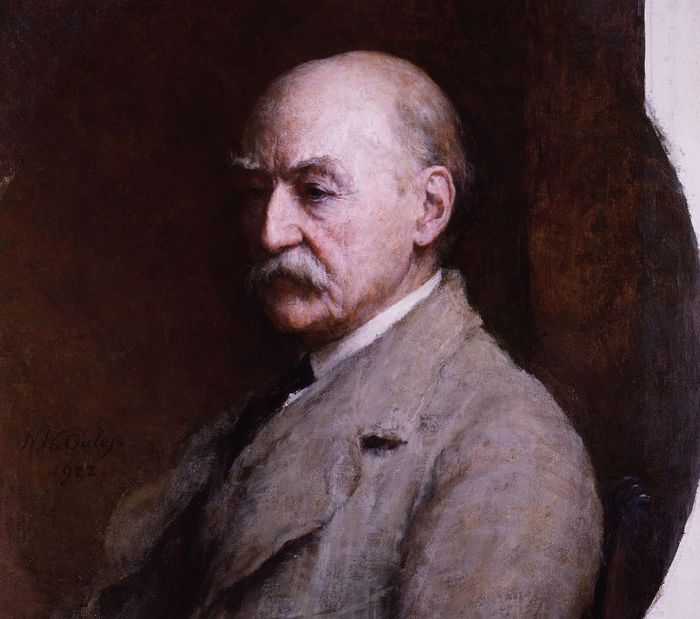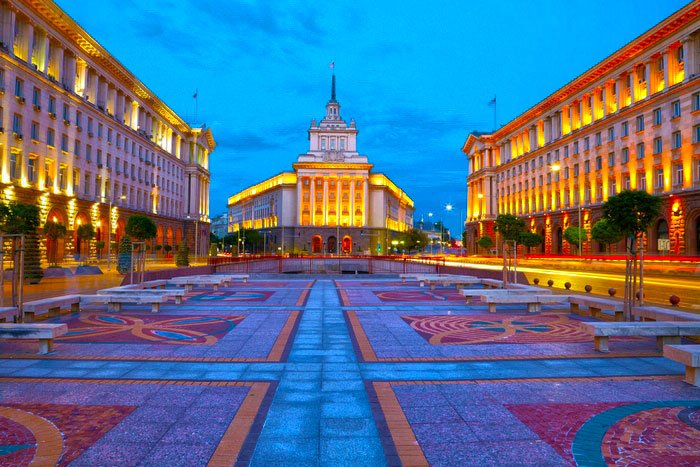Yet there were women among them who were to these as they were to town ladies, country women from a remoter country. The eyes of these others were mild yet wild, like the eyes of yoked cattle, their skin rougher with worse weather than the others had seen and harsher struggles with it; and their bodies were ignorant not only of elegance but of neatness, in thick serge coats which were embroidered in designs of great beauty but were coarse in execution, if coarse is used not in the sense of vulgarity but to suggest the archaic, not to say the prehistoric. There was a difference among the men also. Some seemed sturdy and steadfast as the rock, others seemed the rock itself, insensitive, except to the weathering power of the frost and sun.21
For such people, the most miserable or abject, the world’s delights are few and measured. They could be matched in accounts from many places and times, for they are the mass of humanity in all periods. We forget them often, always to our moral weakness, and often enough with greater peril still.
WHAT BECOMES Of THE ROMAN-HEARTED?
The long, long shadow of a short, fat man darkens our understanding of the Roman world, and of our own. Edward Gibbon was an astonishing figure, for his erudition, for his energy, for his mastery of two languages of composition (French and English), and for his dachshund-like ability to pursue his prey to ground and hang on for dear life. The first volume of his History of the Decline and Fall of the Roman Empire was published in 1776, when he was thirty-nine A sexual instrument for the lord, and the last twelve years later. Between first and last, his vision of the Roman empire broadened and expanded. What might have ended with a conventional explanation, however splen-didly developed, of how emperors ceased to rule in the Latin west in the fifth century unfolded instead into a broad canvas reaching the steppes of central Asia, with a narrative introducing Tamerlane and Genghis Khan and culminating with the capture of Constantinople by Sultan Mehmed II in 1453. No page of Gibbon is not worth reading; few of his footnotes are not worth considering carefully.
Historical works are as famous
Few pages of historical works are as famous as the one where he de¬scribes himself conceiving the ambition to write The Decline and Fall while sitting on the Capitoline Hill in Rome, contrasting in imagination the mixture of ruins and churchly power before him (“as I sat musing in the church of the Zoccolanti or Franciscan friars, while they were singing vespers in the temple of Jupiter on the ruins of the capitol”23), drawing on his classical education to make vivid the glories of the past to his mind’s eye. It is almost irrelevant that the pretty scene on the Capitoline probably never happened in quite the way he reports. His themes and biases were ev-ident—“the triumph of barbarism and religion,” as he put it—and they had immense interpretive power in the eighteenth century, but his main lines of interpretation have been undermined and rewritten since.








